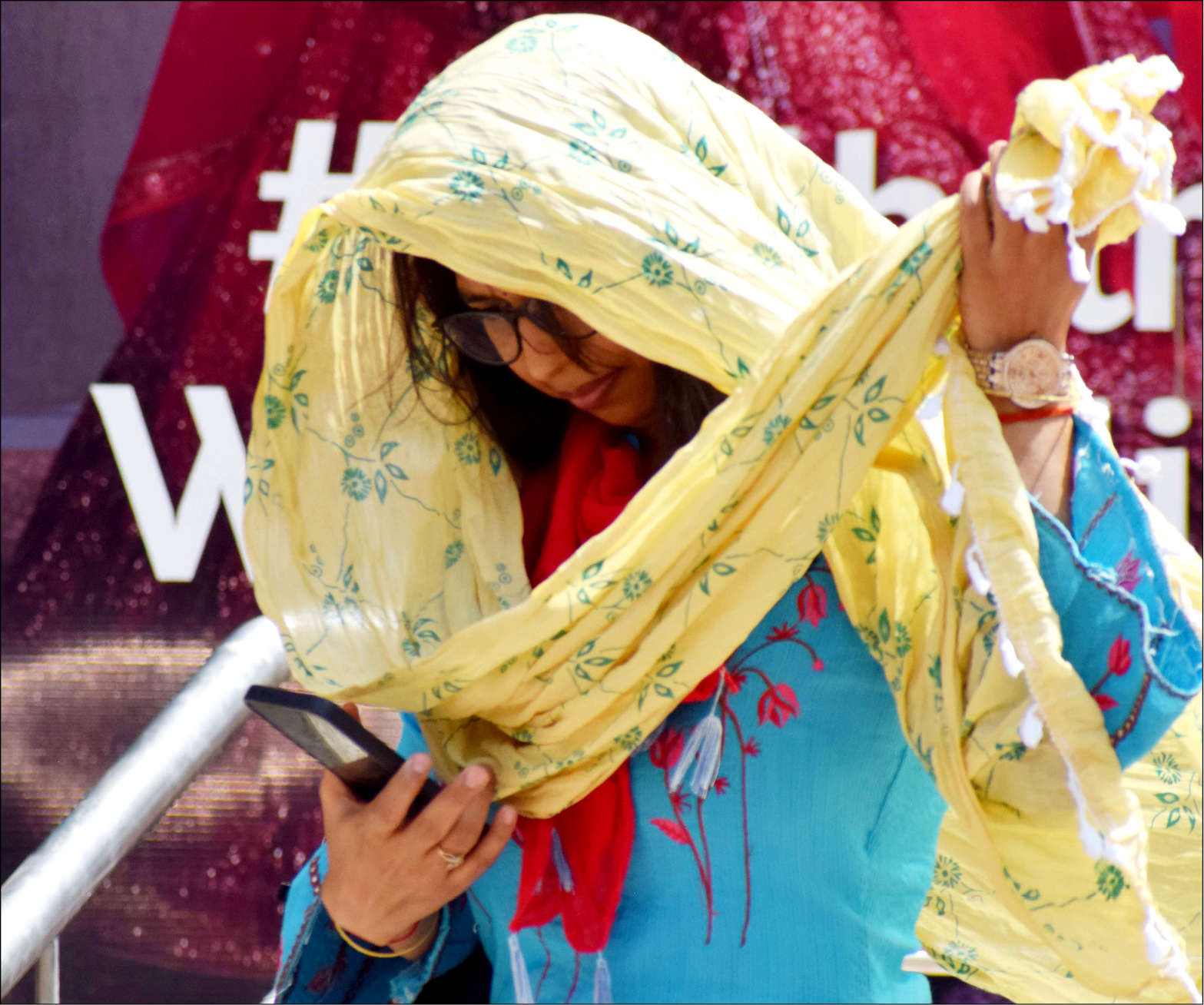Amid record-shattering heatwaves in many parts of the country, it is imperative to protect ourselves. As temperatures are set to remain high, the punishing heat could cause serious health concerns for the vulnerable, including infants, the elderly, and people with chronic diseases. Heat does not just impact the body; it also impacts the mind and our cognitive ability.
WHAT HAPPENS TO THE BODY WHEN YOU ARE EXPOSED TO EXTREME HEAT?
Extreme exposure to heat can lead to dizziness, nausea, headache, muscle pain, dehydration, heat exhaustion, and even heat stroke. Heat can also increase the risk of a number of other conditions such as skin infection, kidney problems, and preterm birth among pregnant women. It is not just extreme heat that poses a risk, even moderately hot days can affect our health.
HOW DOES HEAT EXPOSURE AFFECT MENTAL HEALTH?
A high temperature negatively affects our mental health. It impacts our cognition ability and other aspects of mental health and well-being. Further, during hot summer days, people may suffer from anxiety disorders and dementia.
Hot weather is also associated with lower performance on standardised tests, higher risk of judgment errors, etc.
STEPS TO PROTECT ONESELF AMID SOARING TEMPERATURE
• First and foremost, it is imperative to be aware of the health risks due to extreme heat. Step out only when required. Drink a lot of water, and find places to cool off when needed. Take cool showers or baths once you are back home.
•Monitor your kids and elderly closely. Schedule their outdoor activities carefully. Look out for signs of heatstroke and take medical advice if they show any symptoms. Never leave your children or pets in cars while you are running errands. It can be fatal! Lastly, check on a friend or neighbour to see if they are doing fine.
•Summer calls for a change in diet. Eat a balanced and healthy diet. Lighter meals with green vegetables, fruits, herbs, and fluids help us keep hydrated and protect us from health concerns such as heatstroke, acidity, loss of electrolytes, vomiting, and diarrhoea. They also enhance your immunity.
•When it comes to sleeping in the heat, it is always challenging. But there are a few tips and tricks to overcome this challenge. Follow a healthy sleep routine, avoid caffeine, and have strict screen time hours before bedtime. These measures will help your brain to slow down and get ready for a peaceful sleep.
Hotter days are becoming a common phenomenon now, and we are witnessing more heat-related illnesses in recent years. Therefore, it is important to avoid high temperatures as much as possible not just to avoid a cognitive decline, but also to minimise adverse, long-term effects of extreme heat. It goes without saying that every community is different in terms of risks, vulnerabilities, and resources. Thus, there is a need to develop a heat action plan at the local level which is supported and promoted by people to keep everyone updated with heath events to prepare them to tackle extreme heat efficiently.
The writer is Medical Director- Dr. Hedgewar Hospital, BAVP.
Hotter days are becoming a common phenomenon now, and we are witnessing more heat-related illnesses in recent years. It is important to avoid high temperatures as much as possible not just to avoid a cognitive decline, but also to minimise adverse, long-term effects of extreme heat.









